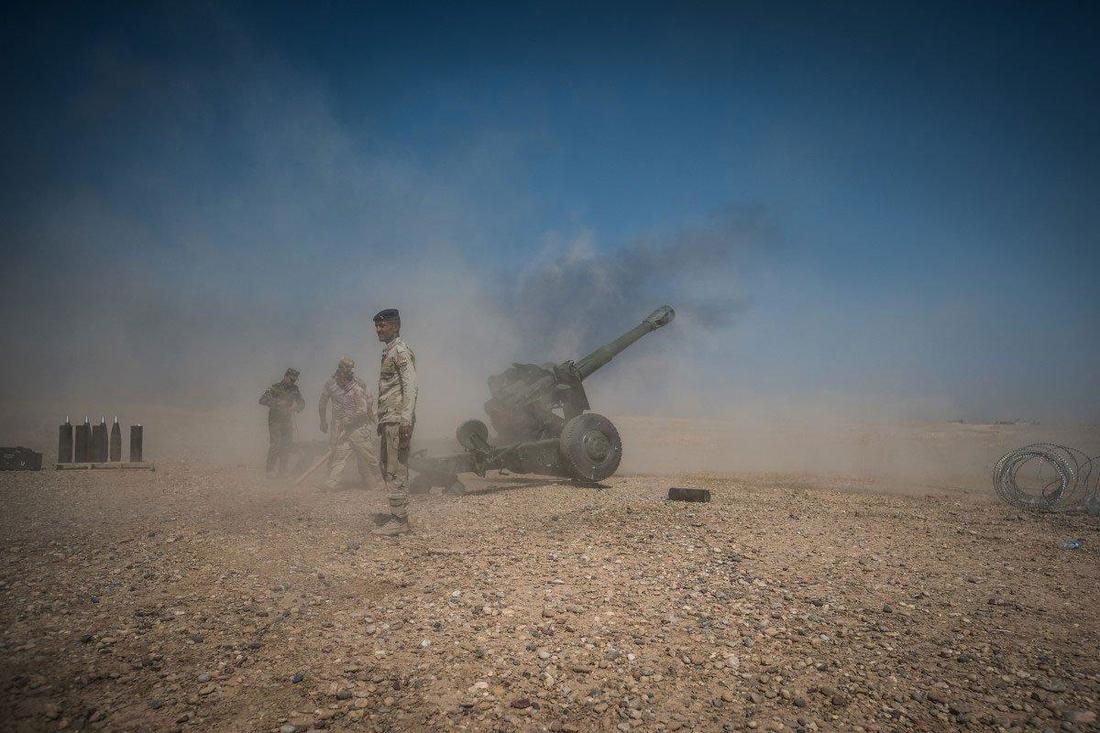Daesh’s Amaq news agency said that three vehicle-borne improvised explosive devices (VBIEDs) targeting Iraqi soldiers in Gogjali, a satellite town just outside of east Mosul, had killed 20 soldiers. The Iraqi government gave no figures for their losses.
Gogjali was recaptured from Daesh approximately two months ago, and had been declared “secure” by the Iraqi authorities who use it as a staging ground, resupply station and they have also located their field hospital there.
The militant group’s ability to launch devastating attacks inside Gogjali suggest that the neighbourhoods claimed to have been “liberated” by the ISF and the US-led Coalition may not be as secure as previously thought.
The car bombs are clad in rudimentary armour plates that have been welded onto the vehicles in order to protect them from small-arms fire, and to give the driver enough protection to reach his target before detonating his explosive payload.
The ISF unit that was struck was caught off-guard by what is presumed to be three of these vehicles leading to tens killed and 44 wounded, according to Al Jazeera. To reach Gogjali, the deadly convoy would have had to have driven through Mosul itself, raising further questions about Iraqi reconnaissance.
Mortar attacks have also killed aid workers distributing aid in Mosul over the past week, with four humanitarian workers having lost their lives alongside seven civilians.
The UN denounced these attacks and urged “both parties” to protect aid workers and support their efforts. Daesh did not claim responsibility for the attacks, and both parties to the conflict have been known to shell residential areas as they advance or withdraw.
The Iraqi government launched a campaign to retake Mosul from Daesh control on 17 October. Since then, the ISF has reportedly lost 5,000 soldiers as the Mosul operation has made slow and punishing progress, capturing a handful of neighbourhoods on the eastern banks of the city.
Source www.middleeastmonitor.com/20161222-mosul-op-daesh-bombings-kill-20-iraq-soldiers/


 RSS Feed
RSS Feed